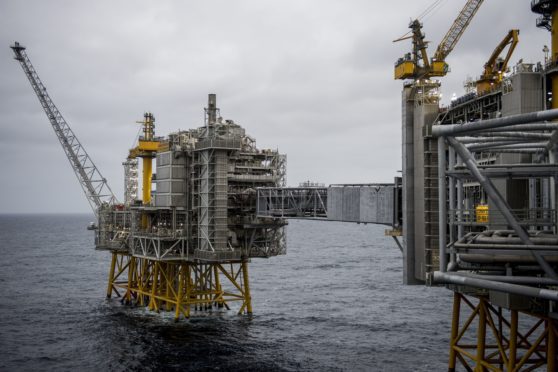Beyond the resource curse: Ghana’s unique economic landscape post-oil discovery

When Ghana discovered oil in 2007, some observers predicted the “Dutch Disease” as the variant of the resource curse awaiting the country.
In new research by Colin Constantine of Cambridge and Tarron Khemraj of NCF, it is shown that the classical Dutch Disease has not manifested in Ghana after nearly 15 years of oil production.
(Simplifying massively hereon.)
The classical Dutch Disease proceeds as follows
- Country discovers oil (or other major tradable natural resource);
- A sudden surge of exports generates massive forex inflows;
- The country’s currency strengthens;
- Imports become cheaper, undermining some local industries;
- There is a shift of resources and emphasis to the new oil sector; and
- Legacy industries suffer and the economy comes under pressure.
Constantine and Khemraj provide evidence in their new preprint (link to full paper in first comment) that this sequence doesn’t apply in the case of Ghana. It does fit the case of Angola though. As well as Trinidad and Tobago’s.
At any rate, in a liberal economic setting where imports can flow without too much friction, a surge in forex inflows from resource exports should ordinarily not trigger the first step in the sequence: over-valuation of the currency.
In Ghana’s case (as also in Algeria and Mexico), new oil finds have coincided with exchange rate depreciation. Ghana’s situation in particular is pretty alarming. Since it became an oil producer in 2007, Ghana’s currency has fallen by over 93% in value.
The Constantine & Khemraj paper spotlights one important cause of the Cedi’s precipitous decline: the role of the Central Bank in the “monetisation” of the fiscal deficit.
Fiscal deficit monetisation came up in the discussions during 2022 when the Ghanaian currency lost more than 50% of its value in less than a year. However, this paper is one of the few empirical investigations into the interconnected variables at the root of the phenomenon, even if its focus was not on the acute factors that precipitated Ghana’s debt default and is instead on the long-term currency movements linked to the fiscal and current accounts.
Whilst the paper does require a careful analysis of the relations among such important macroeconomic indicators as bank credit, government deposits, and resource rents, the emphasis on central bank behavior will find perfect resonance with the mood of analysts and activists in Ghana who have been sceptical of the policy conduct of the Bank of Ghana.
My personal view is that the scale and maturity of the oil industry in case study countries could also have an interesting role to play in whether monetary outcomes result in distortive appreciation or depreciation of the currency in the wake of oil finds. Still, any rigorous work that shines much needed light on the central bank’s role in these turbulent fiscal times is a vital contribution to the conversation.




By – Bright Simons, Vice-President, IMANI






